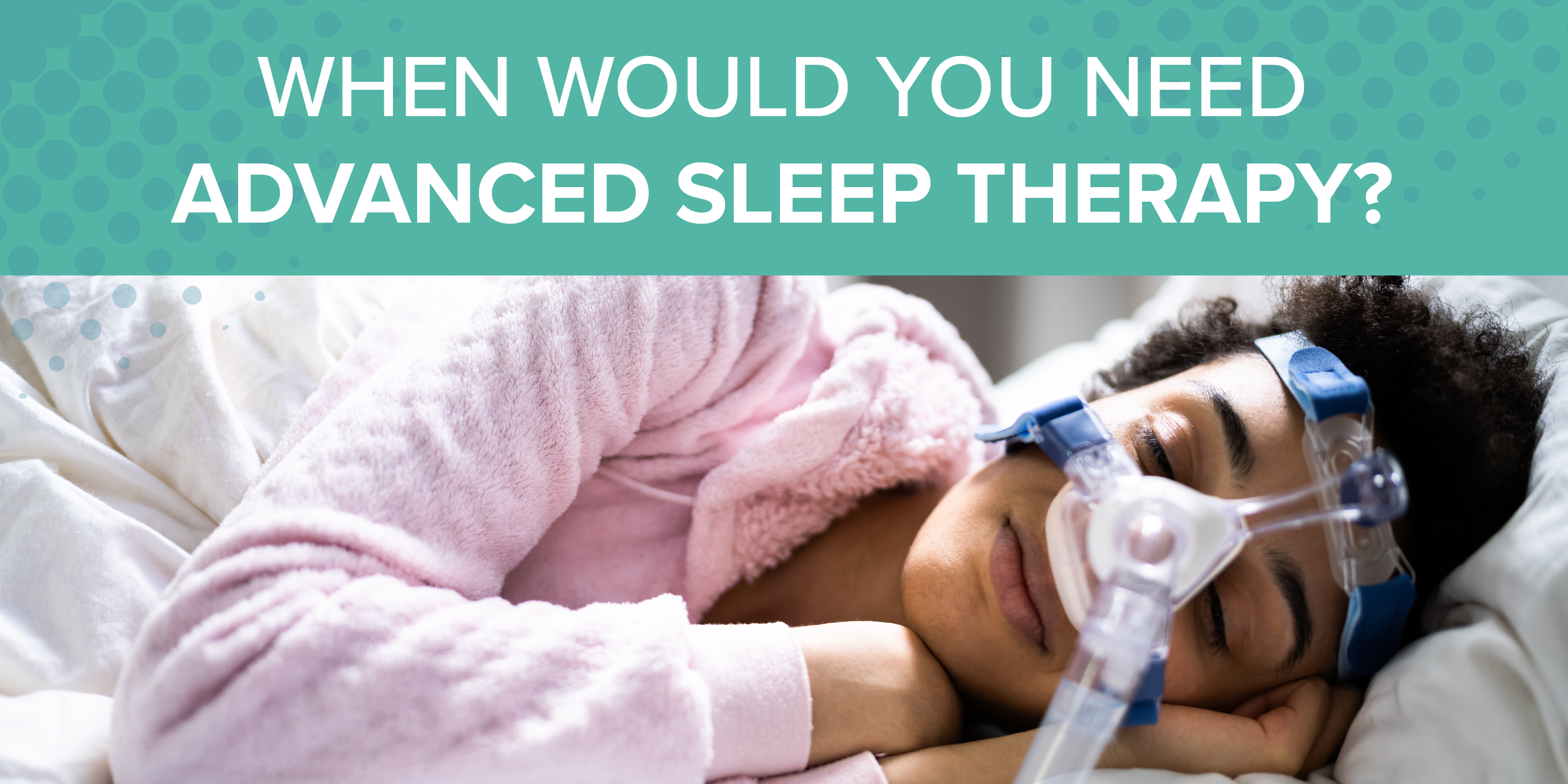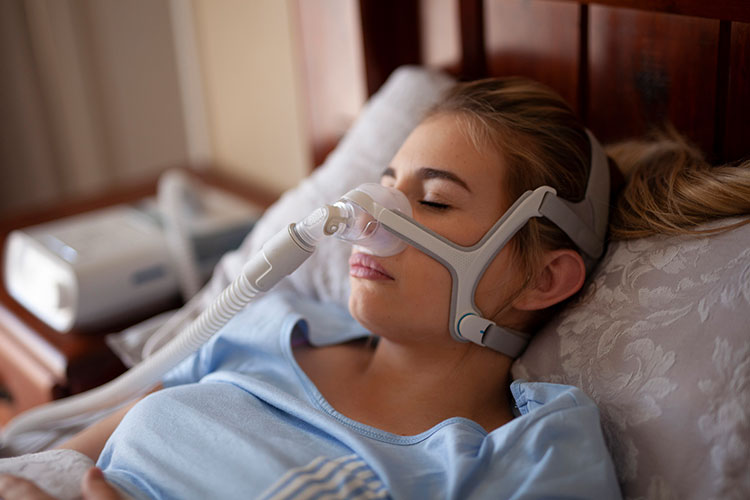Sleep Improvement Therapy - Improve Your Sleep Quality
Sleep Improvement Therapy - Improve Your Sleep Quality
Blog Article
Effective Therapy Solutions for Managing Rest Disorders and Enhancing Relaxed Rest
In the realm of health care, the administration of sleep problems and the quest for restful sleep are crucial components of general health. Efficient therapy remedies supply a diverse method to tackle these obstacles, ranging from cognitive behavior interventions to all natural methods that advertise relaxation and mindfulness. The exploration of various approaches, consisting of the integration of drug and light therapy, opens a world of opportunities in the quest of much better rest high quality. As we navigate the detailed landscape of rest disorders and look for to improve our rest experience, a deeper understanding of these treatment options may hold the secret to unlocking an extra rejuvenating and meeting restorative journey.
Cognitive Behavior Modification for Sleeplessness (CBT-I)
Cognitive Behavior Modification for Insomnia (CBT-I) is a structured, evidence-based treatment approach that focuses on dealing with the hidden aspects adding to sleep disruptions. This kind of therapy aims to customize actions and ideas that worsen sleeping disorders, ultimately advertising healthy and balanced rest patterns. CBT-I usually includes a number of vital parts, including cognitive treatment, rest constraint, stimulus control, and rest hygiene education and learning.
Cognitive treatment helps individuals determine and transform adverse idea patterns and ideas about sleep that may be impeding their capability to fall or remain asleep. Sleep restriction includes restricting the amount of time spent in bed to match the person's actual rest period, thus boosting rest effectiveness (sleep improvement therapy). Stimulation control strategies aid establish a strong association in between the bed and sleep by motivating individuals to go to bed only when sleepy and to stay clear of taking part in stimulating tasks in bed
Furthermore, sleep hygiene education and learning concentrates on developing healthy and balanced sleep routines, such as maintaining a regular rest routine, creating a relaxing going to bed routine, and enhancing the sleep environment. By addressing these aspects thoroughly, CBT-I provides a reliable non-pharmacological treatment for managing sleeping disorders and improving total sleep top quality.
Rest Hygiene Practices
Having actually established the structure of cognitive restructuring and behavioral modifications in attending to sleeping disorders through Cognitive Behavioral Therapy for Insomnia (CBT-I), the emphasis now moves towards exploring important Rest Hygiene Practices for keeping optimal rest quality and general well-being.
Sleep health techniques encompass a series of practices and ecological factors that can substantially influence one's capability to drop asleep and stay asleep throughout the night. Regular rest and wake times, creating a relaxing going to bed routine, and enhancing the rest environment by keeping it dark, peaceful, and cool are crucial components of excellent sleep hygiene. Restricting exposure to screens prior to bedtime, staying clear of stimulants like caffeine near to going to bed, and involving in regular physical task during the day can additionally advertise better sleep high quality.
Additionally, practicing leisure methods such as deep breathing exercises or meditation prior to bed can assist calm the mind and prepare the body for sleep. By incorporating these visit site sleep health methods into one's daily regimen, individuals can establish a healthy rest pattern that supports relaxing sleep and overall well-being.
Relaxation Methods and Mindfulness
Executing leisure strategies and mindfulness practices can play an essential duty in fostering a sense of tranquility and advertising quality sleep. In addition, guided imagery can aid carry people to a relaxed place in their minds, aiding in anxiety reduction and enhancing rest high quality.
By including these methods right into a going to bed regimen, people can signify to their bodies that it is time to loosen up and prepare for rest. Generally, integrating relaxation methods and mindfulness techniques can substantially contribute to handling rest conditions and improving overall sleep quality.

Medication Options for Sleep Disorders
After exploring leisure methods and mindfulness methods as non-pharmacological interventions for boosting rest top quality, it is necessary to consider medication choices for people with rest conditions. In cases where way of living modifications and treatment do not give enough alleviation, medication can be a valuable tool in managing sleep disruptions.
Frequently recommended medications for sleep problems include benzodiazepines, non-benzodiazepine hypnotics, antidepressants, and melatonin receptor agonists. Antidepressants, such find as trazodone, can be beneficial for people with co-occurring anxiety and rest disturbances - insomnia specialist.
It is important for individuals to talk to a medical care company to establish one of the most suitable medication choice based on their certain sleep disorder and case history.
Light Treatment for Circadian Rhythm Guideline
Light treatment, also called phototherapy, is a non-invasive therapy technique utilized to control body clocks and boost sleep-wake cycles. This therapy entails exposure to bright light that mimics all-natural sunlight, which aids to reset the body's body clock. By revealing people to specific wavelengths of light, normally in the morning or night relying on the wanted result, light treatment can awake apnea successfully readjust the circadian rhythm to advertise wakefulness throughout the day and enhance relaxing sleep in the evening.
Research study has actually shown that light treatment can be specifically helpful for individuals with body clock conditions, such as delayed rest stage syndrome or jet lag. It can likewise be valuable for those experiencing seasonal depression (SAD), a kind of anxiety that generally takes place throughout the winter season months when natural light exposure is minimized. Light therapy is usually well-tolerated and can be made use of in combination with other therapy methods for rest disorders to maximize results and boost overall rest high quality.
Conclusion
Finally, reliable treatment solutions for handling rest conditions and enhancing peaceful rest consist of Cognitive Behavior modification for Sleeplessness (CBT-I), sleep health methods, leisure techniques and mindfulness, medicine alternatives, and light therapy for body clock regulation. These methods can aid people improve their sleep quality and general health. It is necessary to talk to a doctor to determine one of the most ideal strategy for attending to sleep problems.
As we browse the detailed landscape of rest conditions and look for to improve our rest experience, a much deeper understanding of these treatment solutions might hold the trick to opening a much more refreshing and fulfilling restorative journey.
Rest constraint includes restricting the amount of time spent in bed to match the person's actual sleep period, thereby enhancing sleep efficiency. Consistent rest and wake times, creating a relaxing going to bed regimen, and enhancing the sleep setting by maintaining it dark, silent, and cool are crucial parts of great sleep health. Light treatment is typically well-tolerated and can be used in conjunction with other therapy techniques for sleep problems to enhance outcomes and improve overall sleep quality.

Report this page